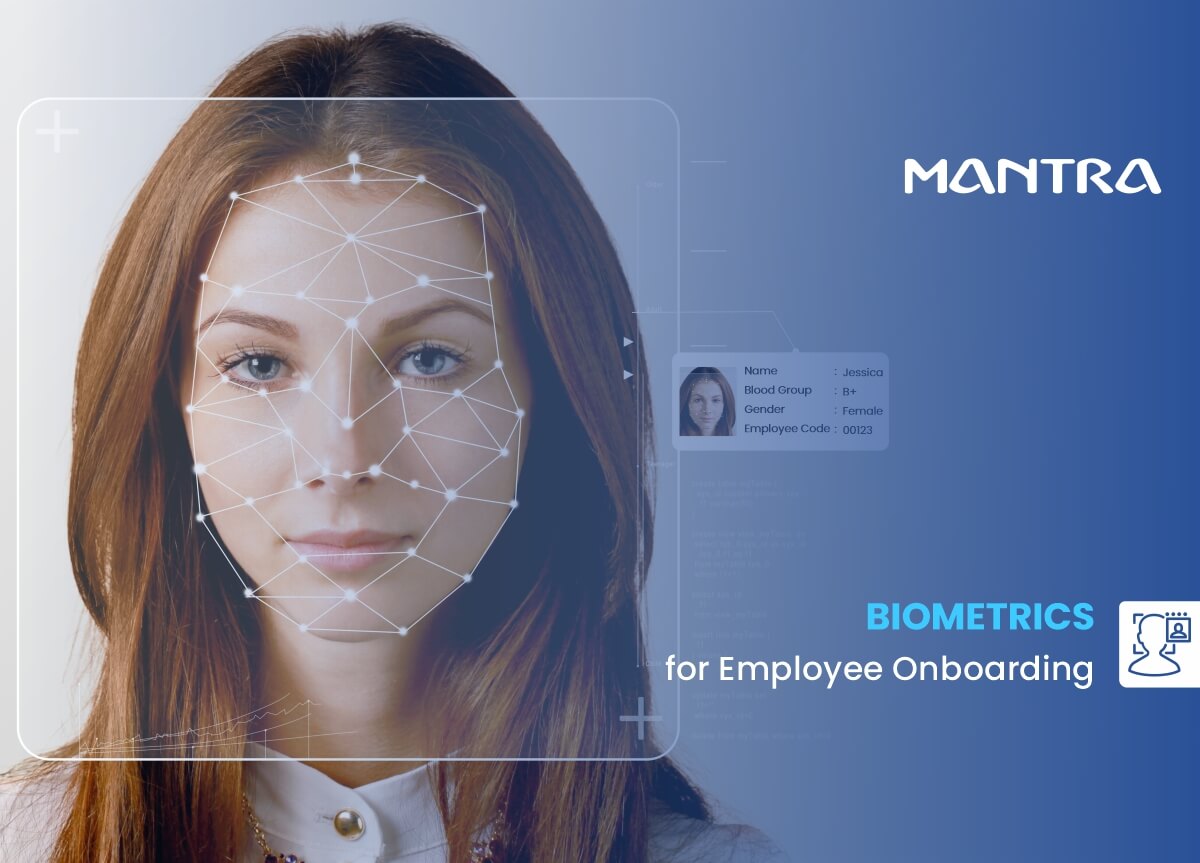
"Background checking is the compass that guides you to hire the right person."
Introduction
Identity theft and data breaches are rising concerns in the business world. A background check is one efficient way to protect organizations from people who could potentially pose a security risk. This process has been used by businesses for a long time, but is there any recent update to the process that improves its accuracy and reliability? This question is very prevalent in the current era of AI advancements in cyberattacks and identity theft. The answer is utilizing biometric technology in the right way to make background checks more accurate. Let us see how biometric technology can streamline the entire process of background checks.
What is a biometric background check?
The biometric background check involves identifying a person with their biometric characteristics. This type of background check confirms the identity of people to confirm whether they are not on the government's criminal list and if they have a history of bad behavior. Biometric verification is an easy method to check backgrounds from trusted government agencies and databases.
With traditional background checks, employers must manually verify the information provided by the employee, which can be time-consuming and error-prone. Biometric background checks, on the other hand, provide instant verification, which saves time and minimizes errors.
Biometric V/S Name based check
A name-based background check is still the most common background check that is conducted on a person. But biometric identification is becoming increasingly popular in the background check process as it is difficult to fake or replicate physical traits that are unique to each individual.
The main difference between biometrics and name-based background checks is the type of data that is used to identify an individual. Biometrics uses physical or behavioral traits unique to each person, while name-based background checks rely on personal information. Biometric identification is considered more reliable. Name-based background checks are less invasive but may be less accurate if the individual has a common name or if the information in the databases is outdated or incorrect.
In addition, biometric background checks are less prone to errors or inconsistencies, they are frequently regarded as more reliable than name-based checks. Misspellings, name alterations, and other mistakes may affect a name-based background check, making it more difficult to accurately verify an individual's criminal past. A biometric background check, on the other hand, is based on unique and unchanging physical traits and can provide a more trustworthy and accurate assessment.
Why are Biometric Background Checks Necessary for Government and High Profile Jobs?
Government employment requires the highest level of security, and as such, biometric background checks are generally a requirement for these positions. Many government organizations demand background checks for consultants, contract workers, and visitors working in high-security locations.
For example, conducting biometric background checks on employees chosen for government or high-priority positions can help guarantee that the people chosen for these positions have the skills, knowledge, and character to carry out their duties efficiently and ethically.
How Do Biometric Background Checks Improve Security?
Better security is one of the main advantages of biometric background checks. Businesses and organizations can guarantee that only authorized people have access to sensitive information, facilities, and assets by employing biometric data. By doing this, it may be possible to stop future data breaches, theft, and other security problems before they cause harm to enterprises.
Compared to conventional background investigations, which can take days or even weeks to complete, biometric background checks are also quicker and more precise. Businesses and organizations may obtain results fast using biometric data, enabling them to spot any possible red flags and make informed recruiting decisions.
How do Biometric Background Checks Save Time and Money?
Traditional background checks can be expensive and time-consuming, requiring businesses to devote hours or even days to information verification and reference checking. On the other side, biometric background checks are quicker and more accurate, enabling businesses to arrive at informed hiring decisions more quickly. When the time and manpower involved in background checks decrease, the cost involved in the process also decreases. The cost spill due to fraud and identity theft can be decreased with the aid of biometric background checks.
Overall, biometric background checks reduce the time and effort needed to hire new employees by streamlining the onboarding procedure. In the long run, doing so can help companies fill openings more quickly and efficiently.
Conclusion:
Biometric background checks offer a better solution for streamlining and securing the employee onboarding process. They offer rapid confirmation, streamline paperwork, reduce the chance of fraud and identity theft, and improve security for both the business and its personnel. Background checks using biometric data can help avoid expensive security breaches while also saving time and money. Biometric background checks are an essential tool for businesses to protect their assets and reputation in today's environment of growing security risks.
1st Choice Fingerprinting
Nice Blog!
Reply